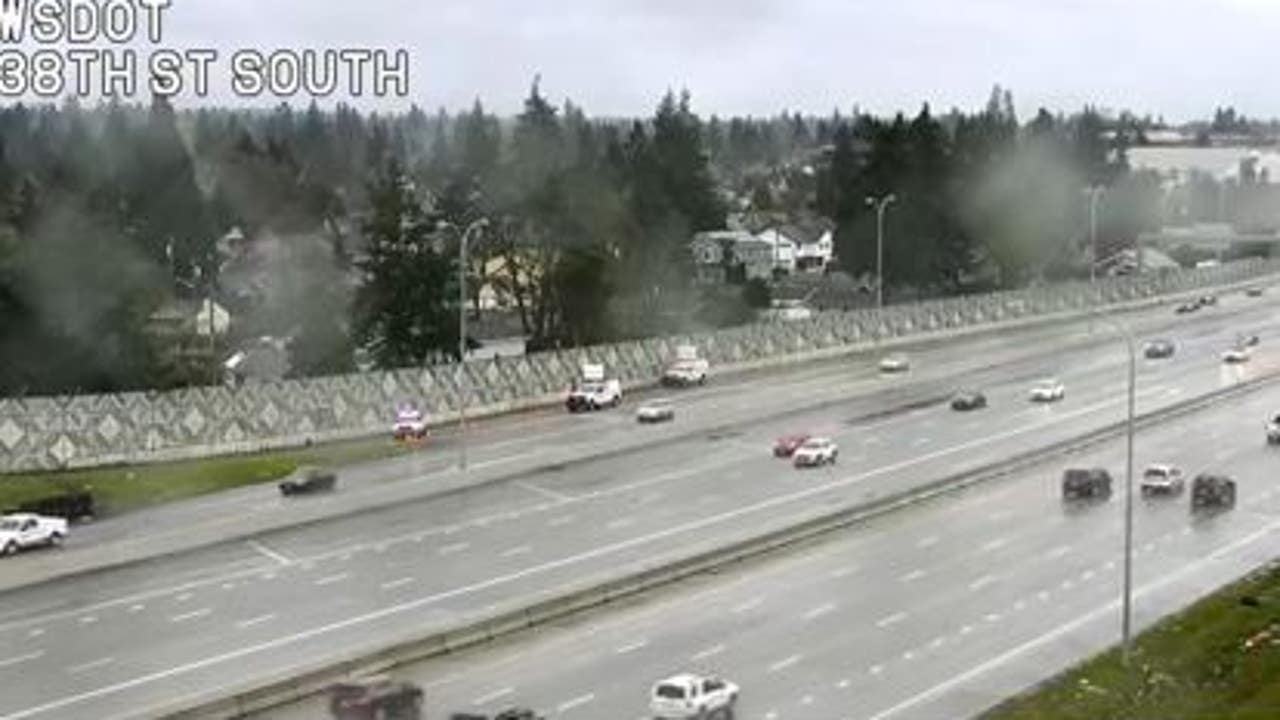bilby
Fair dinkum thinkum
- Joined
- Mar 6, 2007
- Messages
- 40,370
- Gender
- He/Him
- Basic Beliefs
- Strong Atheist
Who said anything about "without rules"?if you put a bunch of people together without rules you'll have even more problems.
It's not necessary to set a curfew in order to have rules. It's not necessary to treat people like infants in order to have rules.
The law applies to all adults. Nobody's suggesting an anarchist colony.
And if stuff gets broken, fix it.
If individuals are vandalising stuff, arrest them, and charge them with criminal damage.
Don't collectively punish all those whose circumstances appear superficially similar, as though they were a bunch of indistinguishable and interchangeable parts.
The current rules aren't adequate to ensure safety in the shelters, yet the argument is for looser rules.
Rules don't exist on a simple linear spectrum from loose to tight, or lax to draconian.
The argument is for a minimal set of reasonable rules that influence people to minimise violence and damage to the infrastructure, while maximising the liberty of residents to live as they choose.
And note that one of the rules being objected to is shower everyday.
Fucking right that should be objected to. What difference does it make to anyone whether or not someone else showers every day, or at all?
This doesn't sound like a rule intended to prevent violent or destructive behaviour, it sounds like a rule intended to make it more practical to provide sub-standard facilities, where people are required to live communally and in close proximity to strangers.
Only if you cannot avoid sharing a small space with strangers do other people's shower habits become an issue.
You still can't see your way clear to understanding that each individual homeless person is a unique and complex individual, who needs to be treated with dignity and respect - regardless of how often they take a shower.
Nobody's told me how often to shower since I became an adult, and nor should they unless they want a punch on the nose. Homeless people aren't infants, convicts, or soldiers. They don't want, or need, some tit who thinks himself their superior to tell them what to do.
There's a massive difference between saying "Here's a nice shower facility; We recommend that you take advantage of it every single day!", and saying "If you don't shower daily, there will be severe consequences".
Fuck your rules. Fuck your authoritarianism. Fuck your infantilisation of adults who have just as much right to make their own choices as you have.

